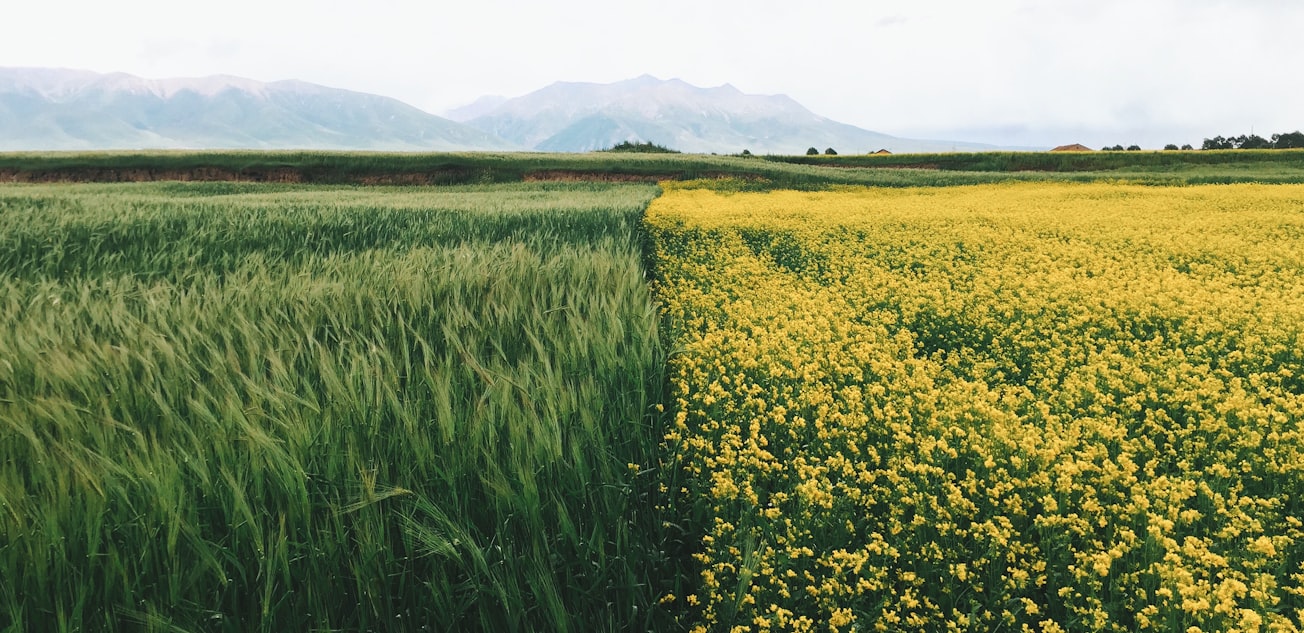What is it about?
Many entrepreneurs credit their success to early hardship. Here, we exploit geographical differences in the intensity of China's Great Famine to investigate the effect of hardship during formative years on individual personality and engagement in business entrepreneurship. To exclude factors that might confound the relation between famine intensity and entrepreneurship, we model famine intensity by random weather shocks. We find robust evidence that individuals who experienced more hardship were subsequently more likely to become entrepreneurs (defined broadly as self-employed or business owners). Importantly, the increase in entrepreneurship was at least partly due to conditioning rather than selection. Regarding the behavioral mechanism, hardship was associated with greater risk tolerance among men and women, but increased business ownership only among men. The gender differences were possibly due to the intricate relationship between a Chinese social norm—men focus more on market work while women focus more on domestic work—and inter-spousal risk pooling associated with occupational choices. Scientifically, these findings contribute to a long-standing debate on whether entrepreneurship is due to nature or nurture, particularly, how the “School of Hard Knocks” conditions people to be entrepreneurial. The findings also highlight the importance of gender differences in shaping the effect of early-life experience on life-cycle outcomes.
Featured Image

Photo by Loren Gu on Unsplash
Why is it important?
We contribute to research into the determinants of entrepreneurship, and particularly, to a long-standing debate over whether entrepreneurs are “born or bred”. We show that the increase in entrepreneurship due to the Great Famine was at least in part caused by conditioning of risk tolerance.
Perspectives
While we examined China’s Great Famine in our study, the principle that hardship conditions people to be more risk-tolerant and take more risks, including starting a business later in their lives, applies generally. We could see more people who now experience the COVID-19 pandemic hardship become entrepreneurs in future.
I P Png
National University of Singapore
Read the Original
This page is a summary of: Early-life exposure to hardship increased risk tolerance and entrepreneurship in adulthood with gender differences, Proceedings of the National Academy of Sciences, April 2022, Proceedings of the National Academy of Sciences,
DOI: 10.1073/pnas.2104033119.
You can read the full text:
Contributors
The following have contributed to this page










